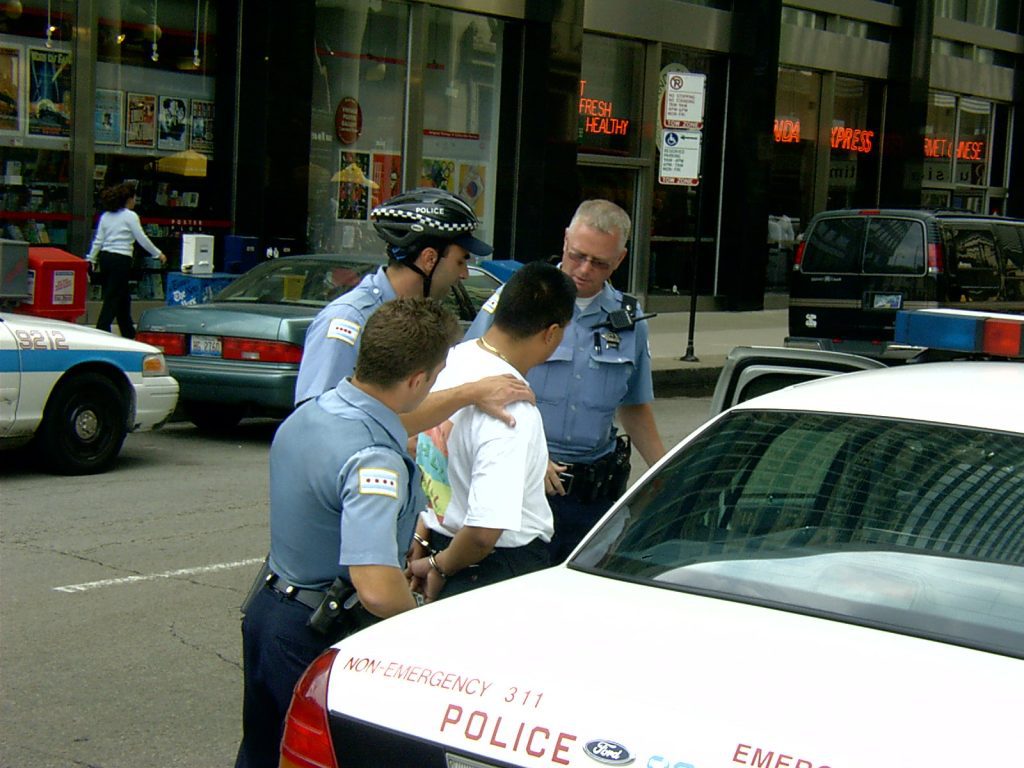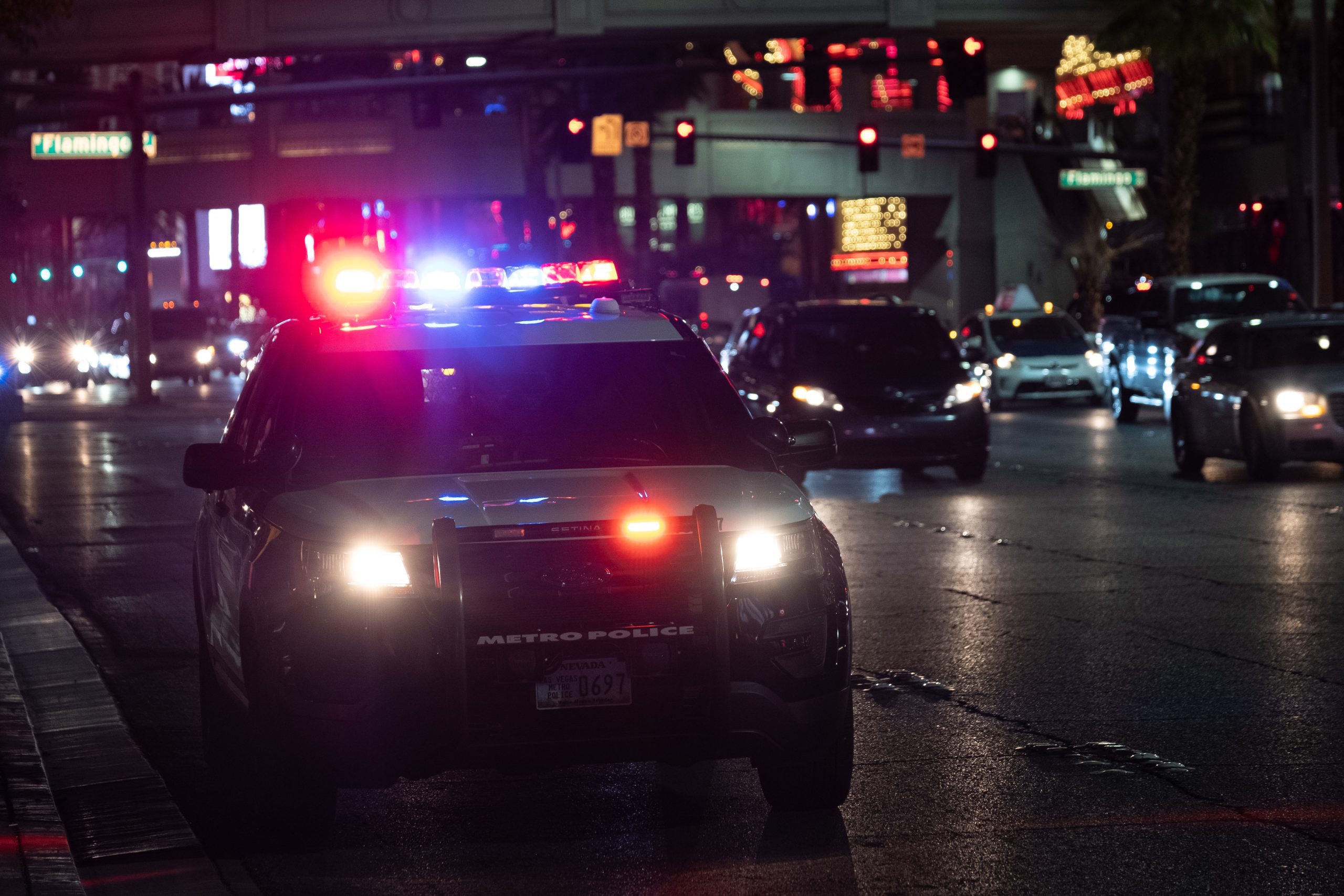There are many times in a person’s life when they may have to talk to a police officer. These talks do not happen simply because you are a suspect. In fact, victims, bystanders and community members are often talked to.
Normally, people believe that it is their duty to assist law enforcement. People want to help in any way that they can. No one takes the time to consider whether they should give a statement.
When officers ask for a statement, people willingly speak with them, never realizing that the statement could be turned around to make that innocent person look guilty.
What is the “art of interrogation” used by police?
The “art of interrogation” starts with an innocent statement. Picture this: You are a passenger in a car wreck. Officers arrive on scene and ask you what happened. You respond, “I am not sure. We were talking and suddenly, the car was spinning.” You are taken to the hospital to be checked out. Officers arrive at the hospital and tell you that they need to clear up a few things.
They start asking you if the driver turned too soon. You reply that you “don’t think so.” They ask you to repeat the entire story. Slowly, you take them through the details that you remember again. When you finish, they ask you if the driver sped up or turned too soon again. And again, you reply that you “don’t think so.”
The officer then asks whether “the driver sped up and maybe you just did not notice.” You agree that this is a possibility. You have just given them three different answers. Officers can now tell you that they feel like you might know more than you are telling them. In fact, based on your vague answers, they might even believe you are covering for the driver.

What does the “art of interrogation” look like in real life?
Now picture this: Your friend comes over to watch the football game. He leaves right after the halftime show. The next day, officers come to your door and ask you to come to the station to give a statement. You comply, knowing that you haven’t done anything wrong. You are placed in a small room, and the officer tells you that your friend was seen fleeing a crime scene.
The eyewitness is sure that it was your friend. And when officers arrested your friend, he said that he “was at your house watching the game.” You agree that he was and say that you don’t believe that your friend would ever break the law.
The officer asks you what time your friend left. You say that he left “right after the halftime show.” The officer asks, “Did you look at your watch or a clock?” “No, I am going by what was on TV,” you respond. The officer says, “And what was on TV?” You reply that Madonna had just finished singing. The officer responds again, claiming that “they had fireworks and dancers after Madonna.” You agree, and the officer says that your friend must have left before the halftime show was over. You reply, “I guess so.”
You have just helped them poke holes in your friend’s alibi and timeline. Your friend may not have been anywhere near the scene of the crime. But that doesn’t matter now.
What should you know if you talk to a police officer?
There are a huge number of people that are in jails and prisons for crimes that someone else committed. It is easier to get involved in a crime than most people think. For example, image that you offer someone a ride. That person may have just committed a crime. You don’t know anything about the crime. But when the police stop you, you are both arrested.
Technically, you do not know what has occurred. The police will ask you what you are doing with the other person in your car. And you will innocently respond I am giving them a ride. Your own words have just connected you to a person that committed a crime. And you may be charged with the crime that they committed.
It is scary to think that your words can be twisted and misunderstood. Throughout many investigations, witnesses are left unsure and confused about what they said because officers have made them feel like they were changing their stories, that they did not remember things clearly or that they were trying to confuse the investigation. At times, these talks last for hours. And the more that they speak to you, the more they can make you doubt or question your own words.

Should you get a lawyer before you talk to police?
No matter what the situation is, everyone needs to know what their rights are. Every person has the right to remain silent and the right to an attorney. Asking for an attorney does not mean that you are guilty of anything. Instead, it means that you understand that you need to protect yourself.
Having an attorney will ensure that your words are taken at face value. And when interrogators try to confuse you or turn your words around, the lawyer will protect you from these tactics. Having a lawyer with you when questioned by police can be the difference between your statement helping or your statement being used against you to make it seem like you did something wrong.
There are many times that witnesses, or even victims have been turned into suspects. Know your rights, and recognize that these protections have been put into place to help you.
The Takeaway:
Before you talk to police, there are a lot of things you should know. You need to know about the “art of interrogation” and how police can use your words against you or your loved ones. You need to know your rights and how they can protect you. And you need to know that it’s okay to get help from a lawyer.






